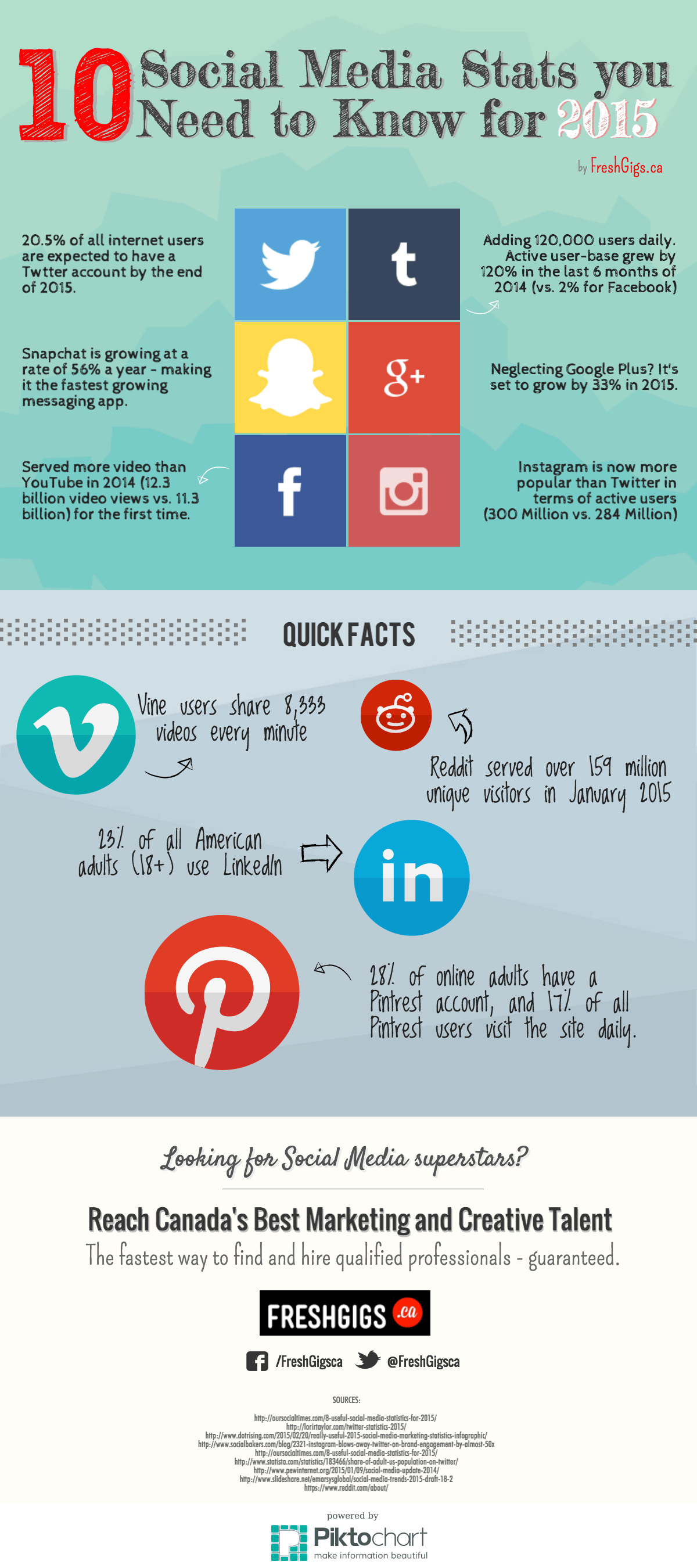
There’s a phenomenon happening with the rise of software and technology: tools designed to make us more efficient have ended up distracting us. We have become never-ending multitaskers. [Tweet This]
Multitasking is more than simply doing multiple projects at once. A “task” could be checking email or Twitter on your smartphone, and multitasking doesn’t necessary mean that each new task has to reach the completion stage.
With the sheer volume of new technology constantly released, designed for even the smallest of niches, what took 5 hours to complete in the past now may only take 30 minutes or less. This has resulted in people always feeling the need to ship things, with no room for even 5 minutes of downtime. The multitasking vortex is born.
Think about how many times you’ve been in the “zone” only to have your phone buzz and take you out of it. A task—even if it’s simply replying to a text message—is distracting.
Multitasking is often thought of as a good thing—employers love it, and multitasking is seen as an effective time management tool. Here’s why that’s wrong, and why you need to slow down your level of multitasking:
Multitasking Results in Poor Quality of Work
Being busy is not the same thing as being productive. The more you multitask, the more you spread yourself thin across each task. [Tweet This]
Focus on one task at a time instead of multiple tasks. Sort your tasks by priority: what’s most important to get done first? Put that on top of your list and work your way down. By putting all your focus and attention onto one task, not only will it result in the best work possible, but also you’ll end up finishing it faster, as you won’t be constantly stopping-and-starting.









